When Laura and Leslie Kent decided to start a family, they didn’t know there was a one in four chance that their children would become blind.
This is because the Perthshire couple are both carriers of the recessive gene for Stargardt disease, which causes vision loss.
There is a 25% chance that the gene will be dominant in the offspring of such a couple.
And so it is that Will, their eldest son, started experiencing sight issues at the age of seven.
After a year of vigorous testing and a visit to Great Ormond Street Hospital for Children, he was diagnosed with the rare genetic disorder.
Two years later, he was registered blind.
Now 21, he has around 5% vision left.
His younger brother Oliver, 18, has never shown any symptoms of the disease.
You would be forgiven for thinking that being blind might have held Will back in life – but the sword-fighting, kayaking, paddle-boarding, horse-riding hiker is keen to prove you wrong.
The ancient history student, who lives in Forgandenny near Perth with his parents, has a great love of the outdoors.
He is also a keen sword fighter and enjoys one-to-one lessons at a Historical European Marital Arts (HEMA) centre in Glasgow.
Will said: “I like to stay as independent as possible.
“I don’t really use a blind cane or anything like that. I somehow manage to get around.
“I also took myself off the waitlist for a guide dog.
“I like to lead too much – I wouldn’t really like being guided.”
Leslie, a housemaster at Strathallan School, interjected: “But that is part of the issue for William – people assume he can see because he manages so well.
“So when it comes to anything that requires sight, people aren’t aware so they don’t always think to adapt what they are doing for him.”
Will added: “It does lead to some problems sometimes, such as when we were walking in the mountains in Wales.
“We were up Snowdon a few years ago and there was a large queue at the peak.
“This is when I had a little sight left, and I thought I saw a clear and snowy path on the left to get around.
“I was about to jump on when my dad grabbed me by the scruff of the neck, dragged me back and said, ‘You can’t walk on clouds’.”
Moment’s confusion left him in the river
On another occasion, while training for a triathlon with mum Laura, he wasn’t as lucky.
Will said: “I once went running with my mum near a river, quite a small winding thing, and she started shouting, ‘LEFT’.
“So I jumped to the left thinking I was about to fall into something – which I did do because she shouted the wrong direction and I jumped straight into the river.”
Speech and language therapist Laura said: “I’m not very good with my lefts and rights – I always get them confused.”
These are just some of the family’s many (mis)adventures together.
Leslie, 51, said: “I was in a sea kayak with William about two miles off the coast of the East Neuk when we bumped into some other kayakers.
“It took some convincing for them to believe that was William was blind.
“One chap stopped behind us and said, ‘I can’t believe this’.
“He paddled with us for ages. And he said, ‘You can’t be blind, you’re two miles off the coast.'”
‘Being blind doesn’t stop you doing things’
Will and his family are keen to spread the message that blind people can do anything they out their mind to.
Leslie said: “William doesn’t want to be told he can’t do stuff, which is brilliant.
“You know, he wants to be a published poet, he wants to be an author, and nothing is going to stop him.”
This is why Will has thrown himself into fundraiser events over the years, including raising nearly £600 for VisionPK by abseiling down the Forth Road Bridge.
Will even tandem-cycled, horse-rode and sword-fought his way to a Duke of Edinburgh gold award, which he received at a ceremony at Holyrood Palace last July.
This challenge also wasn’t without its mishaps.
Will recalled: “My group was told that everyone had to use the map at at least one point.
“So they gave me the map and I led them for about 100 metres and gave the map to someone else.
“Around 13 kilometres later – we realised we’d gone wrong at that stage.
“Someone blamed me for not looking at the map properly.”
For Will, the hardest part about being blind is seeing those around him do “normal” things, such as learn how to drive.
He says he has also felt isolated at times and struggled to make friends.
Laura, 50, said: “We live at Strathallan School and it is a couple of miles from anywhere else.
“It is lovely living in the countryside, but for William, who is dependent on us for travel or the limited bus system, it is isolating.
“There isn’t actually much on offer in Perth.
“That is the main downside of the condition – that it has led to extreme isolation
“He has made a couple of friends here but really that is it.
“That is the hardest part and that is where Leslie and I struggle the most to help.”
A move to St Andrews University is on the cards
For now, Will is studying online for a diploma in ancient history.
He is planning to study the subject at university in September.
Although he has already been accepted by Glasgow University, he is hoping he will be offered a place at St Andrews University, where he will live in student halls.
His dad said: “Blindness shouldn’t hold anyone back.
“William certainly hasn’t let it hold him back from doing anything in life.
“I would try to encourage anybody, whatever your disability is, background or anything, to just try and get out there and do stuff, and show that you can.
“We are very proud that William continually does that, despite the challenges.”
- Is your family a little bit different? Maybe it’s who you are, maybe it’s what you do that sets you apart. We’d love to hear your story. If you have a tale to tell let us know.
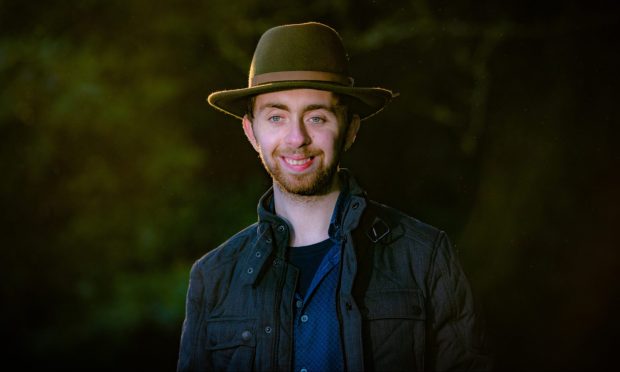



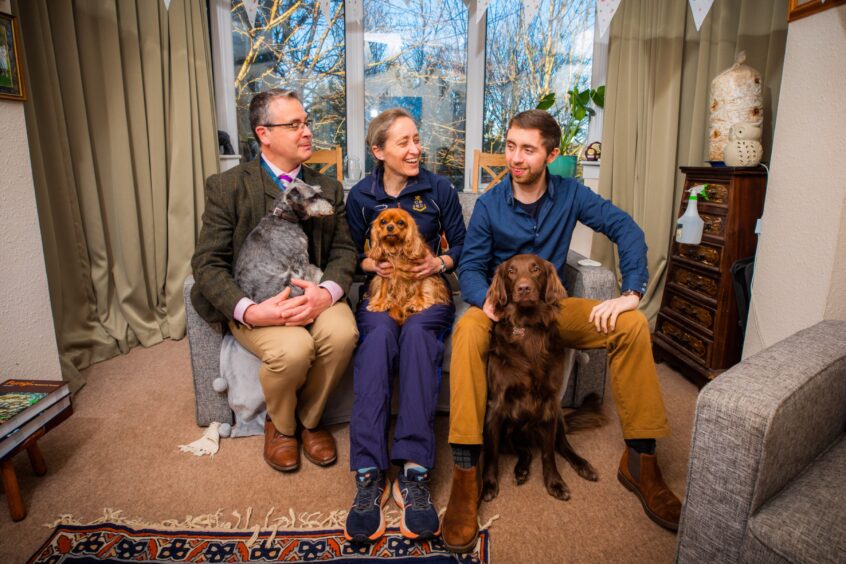
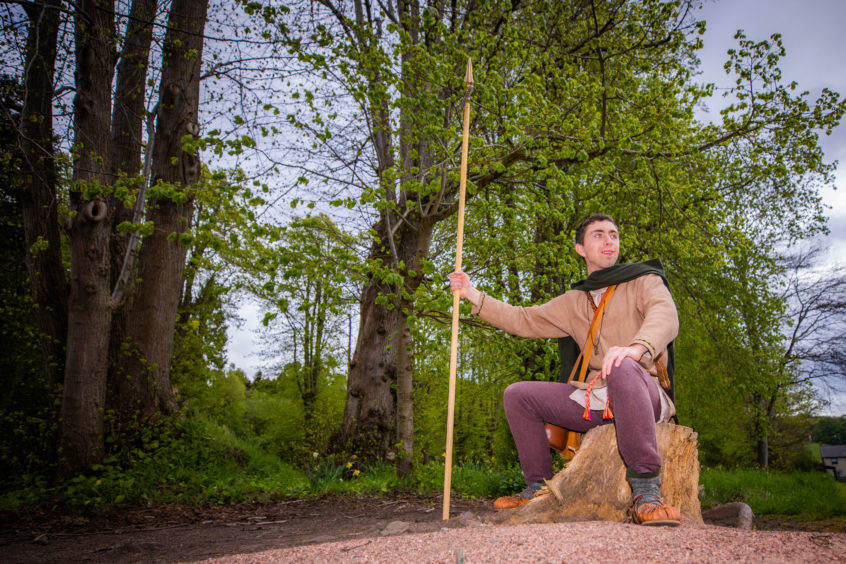
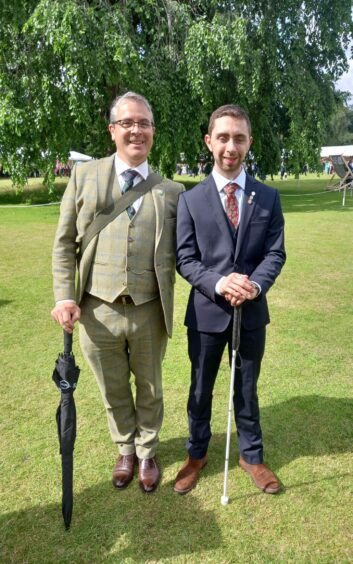

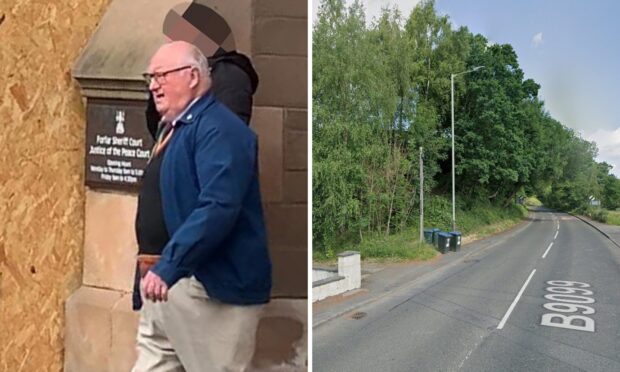
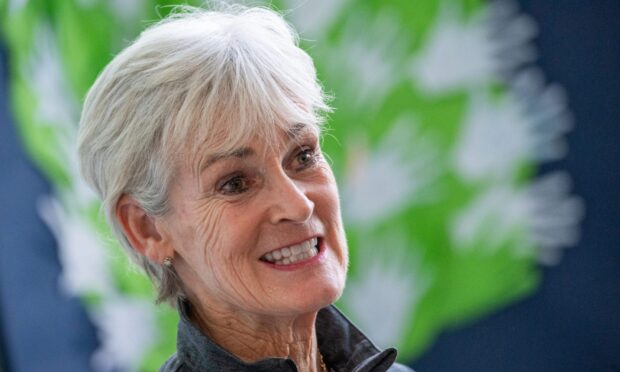
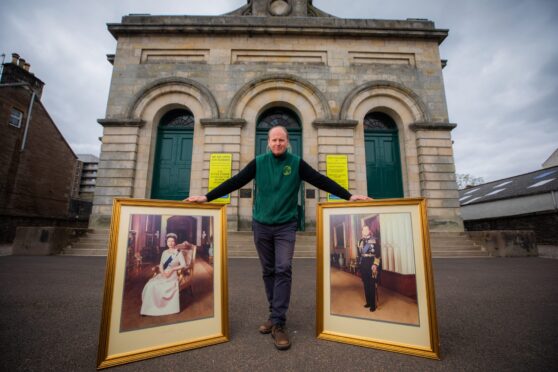

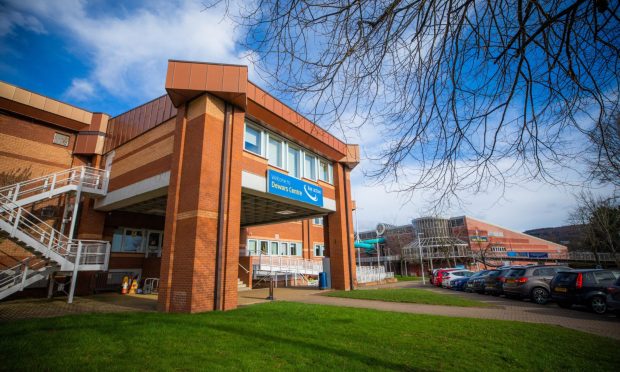
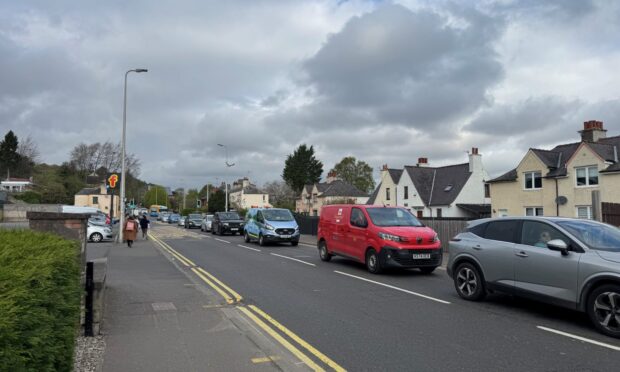
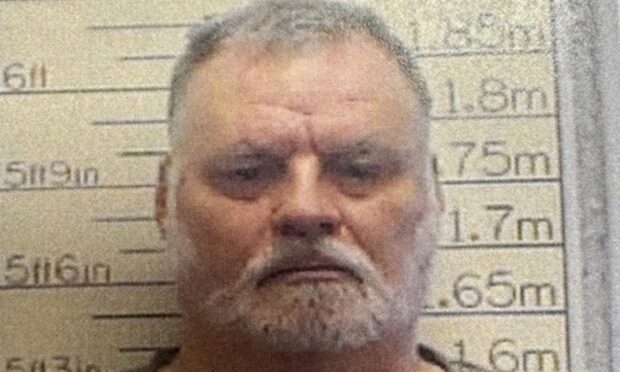
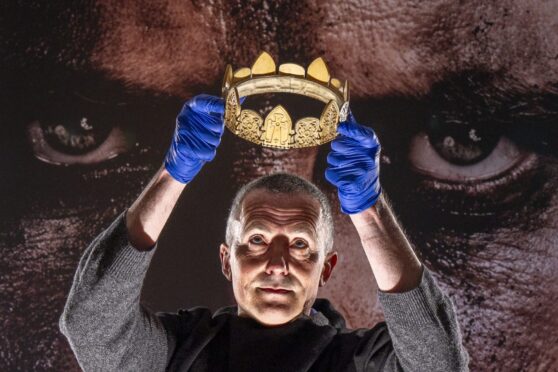
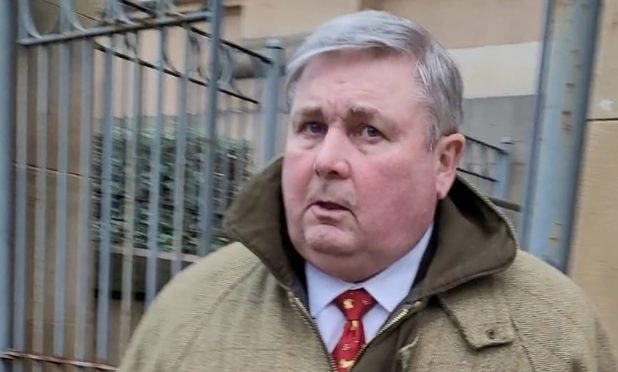

Conversation